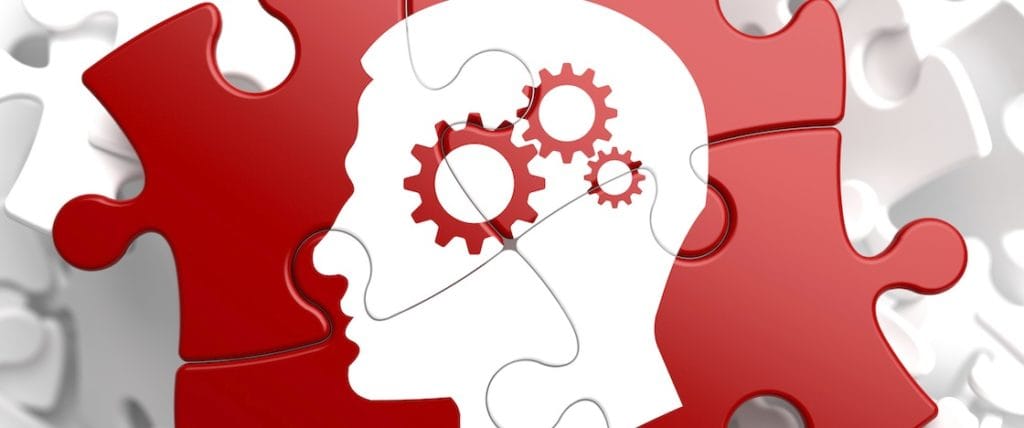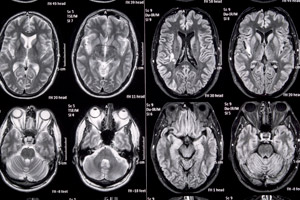Binge Drinking ‘Cause for Alarm’ Among Seniors
Binge drinking is largely associated with high school and college-aged people—teenagers and young adults who are just beginning to experiment with alcohol and don’t yet know any better. It is much less associated with older adults, and certainly not with seniors. Seniors, we tend to think, have a wealth of wisdom and experience that discourages […]
Binge Drinking ‘Cause for Alarm’ Among Seniors Read More »










